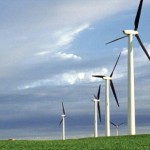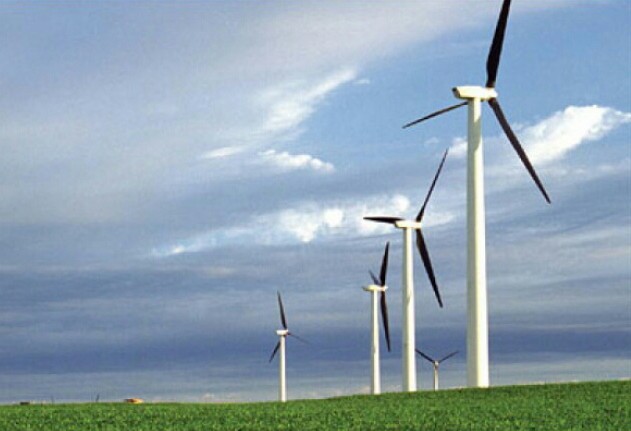 TARFAYA, Morocco — Morocco is ploughing ahead with a programme to boost wind energy production, particularly in the southern Tarfaya region, where Africa’s largest wind farm is set to open in 2014.
TARFAYA, Morocco — Morocco is ploughing ahead with a programme to boost wind energy production, particularly in the southern Tarfaya region, where Africa’s largest wind farm is set to open in 2014.
The kingdom, which has no hydrocarbon reserves of its own, hopes to cover 42 percent of its energy needs with renewable sources by 2020, and has launched a plan to produce 4,000 megawatts.
Half of this will come from solar energy: at the beginning of May, the first of five solar power plants near Ouarzazate was officially launched, and the site is set to be operational from 2015.
Wind power will supply the remaining 2,000 MW, and Morocco’s wind-blown southern coast, where many of the new farms will be built, already resembles a huge building site.
At Tarfaya, which will be home to the continent’s biggest wind farm, the project led by the French company GDF Suez, in partnership with local company Nareva Holding, is only just beginning.
“Building started at the end of December 2012. But the first section, which will produce 50 MW, will be in service in January,” Francis Schang, a manager at Siemens which is carrying out the work, told AFP.
“It’s a high-speed project,” he added. By December 2014, if all goes to plan, 131 turbines, each 80 metres (260 feet) tall, will dot the desert landscape.
Together they will produce 300 MW, enough to meet the energy needs of several hundred people, Schang said.
At a cost of nearly 500 million euros ($640 million), the Tarfaya wind farm, stretching over nearly 20 kilometres (12 miles), will allow Morocco to “avoid CO2 emissions equal to the amount absorbed by 150 million trees,” Boutaina Sefiani, the head of the project, said.
The main problem that has to be addressed is the effect sand from the surrounding desert will have on the turbine mechanisms, Schang said.
“The turbines will require greater maintenance, with a special sealing treatment,” he said.
The Akhfennir wind farm around 100 kilometres east of Tarfaya is much smaller, but is almost ready to start production.
In the middle of a rocky desert plateau, where only a few camels and their herders wander, 50 turbines are already turning in the wind.
Around 10 more turbines will be switched on in June, allowing them to produce 100 MW, Mohamed Ben Osmane, project manager for Moroccan Wind Energy (Energie Eolienne du Maroc, EEM), said, adding that the site’s capacity is expected to double over time.
As plans to boost the country’s wind energy production progress, Energy Minister Fouad Douiri said he hoped to see renewable sources developed even further.
“Between the sites that are operational and those that are still under construction, we are reaching 1,000 MW from wind power,” Douiri told AFP.
“The wind programme is coming along well,” he said.
“We think that between now and 2020 we may even be producing a little more than 2,000 MW. And after 2020, we will keep going. There is the potential to take this much further.”







